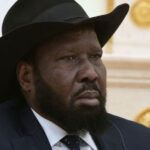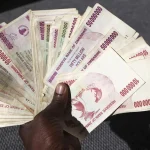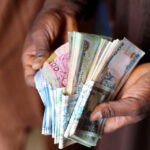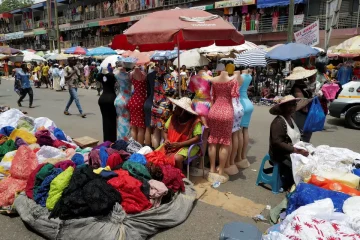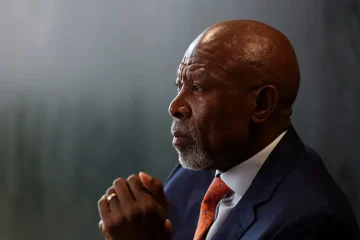DENIS DUMO
South Sudan, battered by years of conflict and corruption, has run out of foreign exchange reserves and can no longer stop the pound’s depreciation, a senior central bank official in the oil-producing has revealed.
Daniel Kech Pouch, the bank’s second deputy governor, told a news conference that the country’s oil revenues had dropped, hitting its foreign exchange reserves.
South Sudan gets almost all of its revenue from crude oil, but current output, at around 180,000 barrels per day, has plummeted from a peak of 250,000 bpd before the outbreak of conflict in 2013, according to official figures.
“It is difficult for us at the moment to stop this rapidly increasing exchange rate, because we do not have resources, we do not have reserves,” Pouch said.
South Sudan has three exchange rates – one from the central bank, one from commercial banks, and another from the so-called parallel, or unofficial, market, Pouch said.
Pouch said the rate for the pound from the central bank is 165 per dollar, from commercial banks around 190, and from the parallel market 400.
Soaring inflation has persisted for several years, largely due to the depreciating South Sudan pound. Pouch said inflation stood at 35%. In 2016, inflation topped 800%, helping push pockets of the country into famine the next year.
South Sudan ended five years of civil war in 2018 but disagreements between President Salva Kiir and Vice President Riek Machar – who led the main rebel group – have prevented the peace process from being concluded.
The war – marked by ethnic cleansing, extreme sexual violence and the kidnapping of children – displaced around a third of the population from their homes. The conflict killed an estimated 400,000 people and created Africa’s biggest refugee crisis since the 1994 genocide in Rwanda. – Thomson Reuters Foundation.



